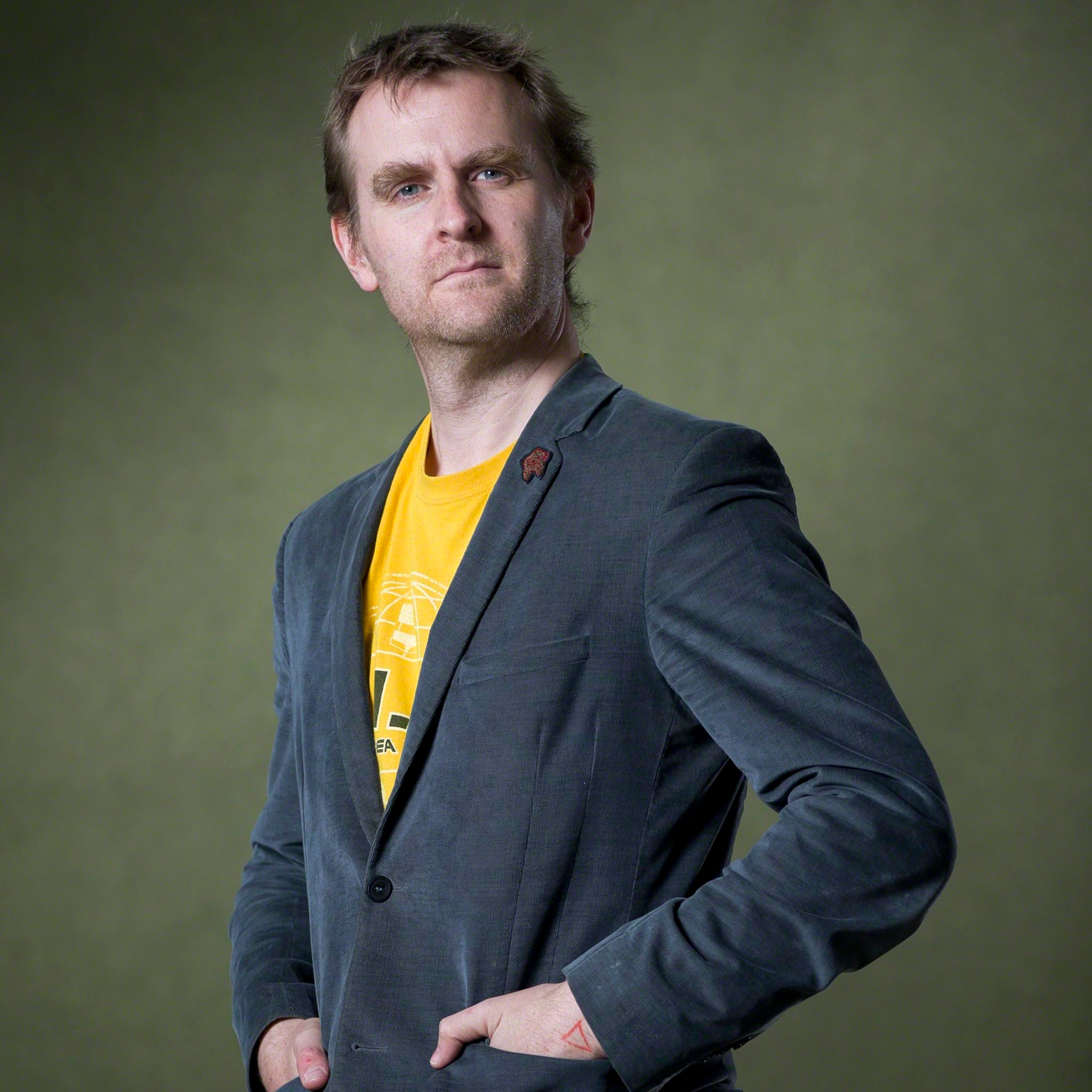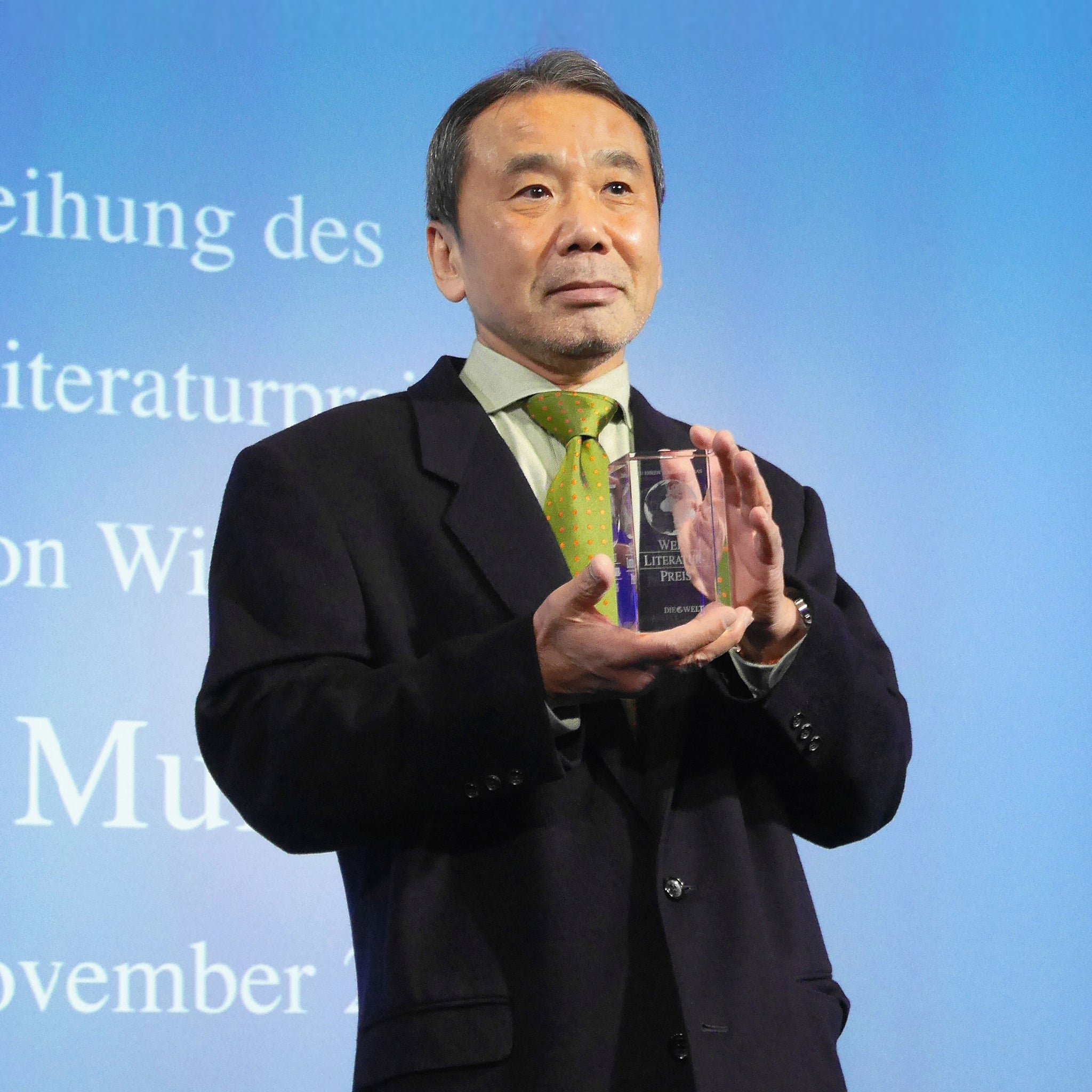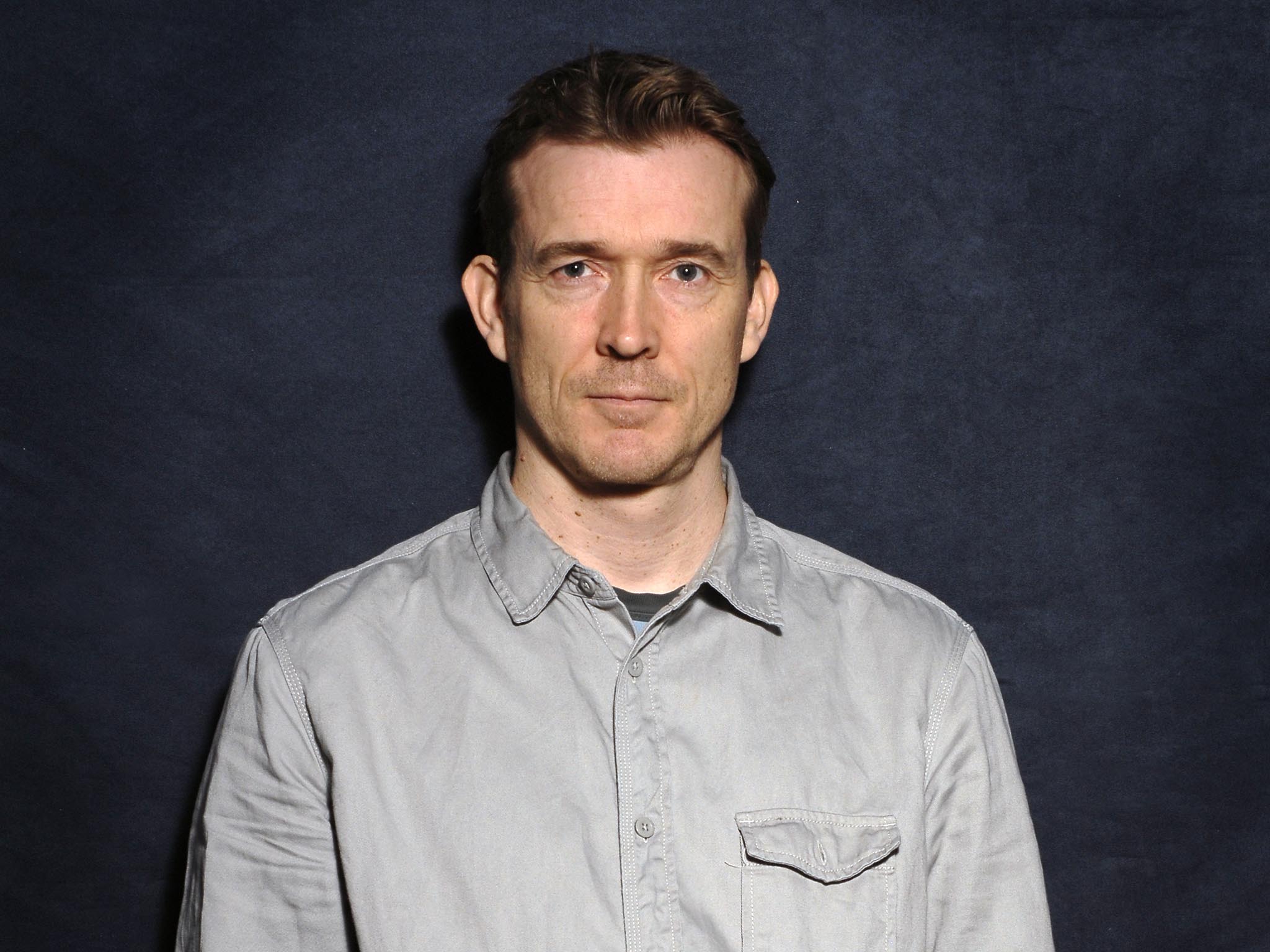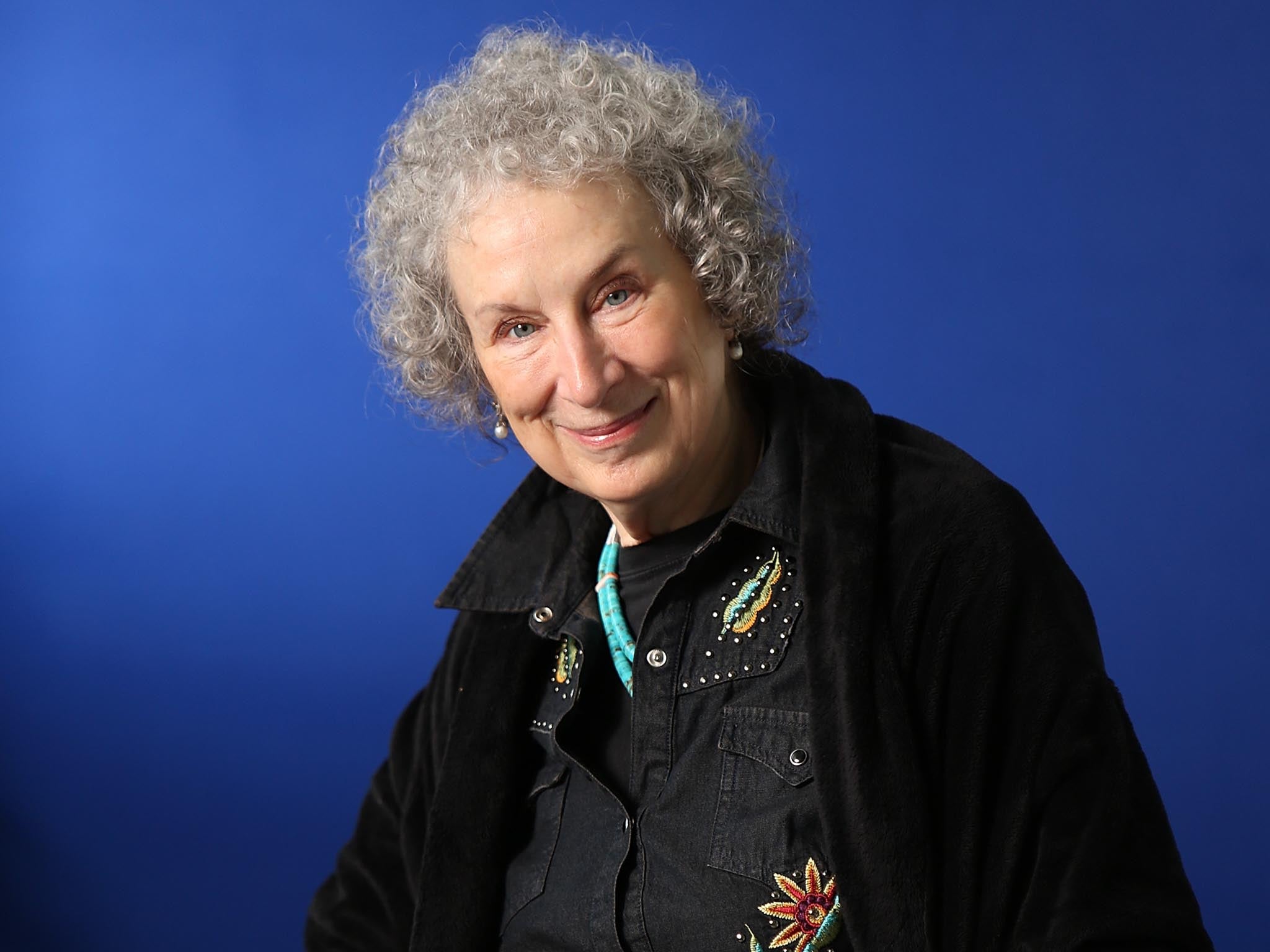Author Nick Harkaway: How being shortlisted for a book prize has forced me to acknowledge the truth
Nick Harkaway's novel Tigerman is in the Goodreads Choice Award fictions list, and he is struggling with the news

I do a lot of pretending.
I’m a novelist: I spend a great part of my day pretending to myself that I’m in a different world, being a different person, faced with decisions I pretend I haven’t created. I pretend I don’t know about the traps and disasters lying in wait for that person – dangers I’ve imagined for them to drag them through the narrative I pretend I’m not creating to the place I want them, often in despite of their own good sense and to their considerable disadvantage.
But more than that, I pretend I don’t care.
Perhaps that’s about being a Brit, some kind of cultural aversion to taking things seriously. If you take something seriously, after all, you might have to defend it, fight for it, be rude to someone about it. David Niven, in 55 Days at Peking, makes the perfect British statement of self: having refused to flee the city and thereby compelled the ambassadors of the other Great Powers to remain also, he is asked how the minutes of the meeting can possibly reflect the situation without causing grave embarrassment to his fellows. Simple, he replies. We shall record that in the initial vote on the matter, one person was at odds with the others, but that – after some debate – unanimity was achieved.
It’s a posture we love, and one that we share with the Hagakure: matters of great significance should be treated lightly. You can see it in the way we approach sport, at least sometimes. It almost seems as if trying too hard is cheating. It begins young: I remember going on a school sport trip to Holland. The team there practised every night of the week for at least two hours. We had perhaps four hours a week. We lost, of course, but we just about made it look even, and counted ourselves moral victors because we didn’t practise sport as a religion, but as a hobby.
We pretended we didn’t care.

I still wish we could have won that last game – but at the same time, I don’t. It would have been glorious, but it would also have been a shame. It would have made a mockery of the hard work of a group of people who cared more than we did. They deserved that victory. Hard work, ironically, is the other virtue that the Brits are supposed to respect. In fact, “sweat of the brow” is part of the basis of copyright here, rather than the US argument from utilitarianism or the German one that proceeds from identity.
And so to the stage. I do public appearances. I’m bluff, hearty, goofy. I wear loud clothes and I read the funny bits. I occasionally get taken to task for one thing or another, and I acknowledge my fault, my flaw, my failure, and I move on. Usually I mock myself to grease the wheels. Part of the job, the show. Prize lists are out and you’re not on them? Nature of the world, means nothing, prizes are a lottery. It’s a problem for your publisher, who needs to sell more copies, not for the artist (and never mind the commercial corollaries, the reflection in the size of your advance, for the moment). Review in some paper or other is a stinker? That happens. People can respond badly to a book, even a book others like – just a shame it had to be the critic chosen to write about you. Other papers will be positive. Amazon, Goodreads, book blogs. The local paper. Friends.
I never engage negatively with reviewers. If someone says something that enrages me, I do what I do on stage. I make a joke about myself and move on. Sometimes people say things that are manifestly wrong or even apparently malicious. That’s fine, too. It’s a response. Don’t read it, measure the column inches. Love the controversy. My skin is thick with various forms of privilege, after all. As an example of a type, I can take it. As a person, I can slide it off, as long as I believe I can. I pretend to myself, and leave the hurt behind. It’s not much of a hurt, after all. A brief sting. A day of self-doubt. A chocolate bar, an episode of Penny Dreadful.

An enormous amount of a writer’s life is performance. I find myself wondering, at the moment, whether I do too much of it. I feel it might be nice to retreat into a more Pynchon-like performance by absence. I love the stage, but it also eats me alive. I’m caught somewhere between introversion and extroversion. Performance is natural to me, joyful, but it is also exhausting. I can feed on it, but the expense is high, too, like being a carnivore: I have to chase down my meals. I’d quite like to eat more vegetables, quietly, on a hillside somewhere, and butt the occasional tiger off a cliff with my horns.
This kind of piece, by the way, is completely forbidden. To change animal metaphors: it represents the moment when a duck, running across the surface of the pond to get into the air, catches one webbed foot in a wave and goes face-first into the water. It means recommencing take-off, lurching and flapping and spraying mud-brown spume everywhere, quacking and flailing to achieve escape velocity so that I can return to my new book, believe in my own choices, and be the me I need to be to make it all real.
So what brought this on? What on earth could motivate me to say any of this out loud, break the fourth wall and, perhaps more importantly, the first one? Honestly: it was the Goodreads Choice Awards Fiction list for 2014. My novel Tigerman is in there.
Let me just gloss that for you, because it may not seem like much, but it stopped me just now like walking into the corner of a table, and I’m still struggling with it.

Tigerman is listed in Fiction.
Two years ago, Angelmaker was listed in the Science Fiction section. My books are hard to categorise: they have elements of the fantastical, so they often do end up on the science fiction shelves, which is like parking a skidoo among motorbikes: sort of makes sense, but not a perfect fit. It’s OK by me. Science fiction is what I read as a kid, and it is a literature that challenges the real, which is what I like to do. But even now, with the fantastical waterfalling into the mainstream of writing and the world we inhabit more science fictionish than it has ever been, the label still closes doors. Talking to someone the other day, I mentioned that I’ll be on stage at the British Film Institute this month talking to William Gibson about science fiction films, and I saw his interest falter at the words. Science fiction wasn’t properly serious to him. In an effort to stop the conversation dying a cold death, I explained the kind of thing I write about. “Oh, you do cross-over,” he said immediately. That’s fine by me, too, but I don’t want to think about it right now, about the reasons for the division in our culture of science and literature, or why it’s absurd.
Tigerman is listed in the Fiction category. It has escaped that awkward moment, at least today.
Tigerman is listed in the Fiction category. That means it will almost certainly lose.
Why? Because Haruki Murakami is listed in that category, too: arguably the world’s most popular author of the not quite real, an international best-seller of the kind of thing I do. (I had an urge to write “try to do”, but no. Be honest. It’s what I do.)
When I grow up, I want to be a bit like him.

Margaret Atwood is listed in that category. Shortlisted five times for the Booker. Winner once. Icon. Pioneer of the odd in English-language literary writing. If Murakami is Hephaestus the Smith in my personal pantheon of craft, Atwood must be Arachne.
David Mitchell is in that category. Author of Cloud Atlas. Twice shortlisted for the Booker, included in 2007 among Time magazine’s 100 most influential people in the world. Like Murakami and Atwood, someone I need to learn from. My classical knowledge does not extend to a Greek divinity for him. Apollo, perhaps, or Dionysus.
And it goes on. Roxane Gay; Emily St John Mandel; Jojo Moyes. Names to conjure with. Names I admire. I cannot imagine losing in better company.
I have to acknowledge, today, that I do care about this. I don’t care about winning, but I care about being seen in this way. I care about my book being alongside those books, being considered in that mode. That is something I wanted, partly without ever knowing that I wanted it, because until it happened I was pretending I was just pretending.
So thank you, world. Seriously. Thank you.
‘Tigerman’, by Nick Harkaway (Heinemann, £16.99), is available now. The author and William Gibson will be discussing science fiction films at the BFI Southbank on 26 November as part of the ‘Days of Fear and Wonder’ season
The semi-final of the 2014 Goodreads Choice Awards ends tomorrow. Only the top 10 vote winners in each category will make it through to the final round which begins on Monday. Winners will be announced on 2 December
Join our commenting forum
Join thought-provoking conversations, follow other Independent readers and see their replies
Comments